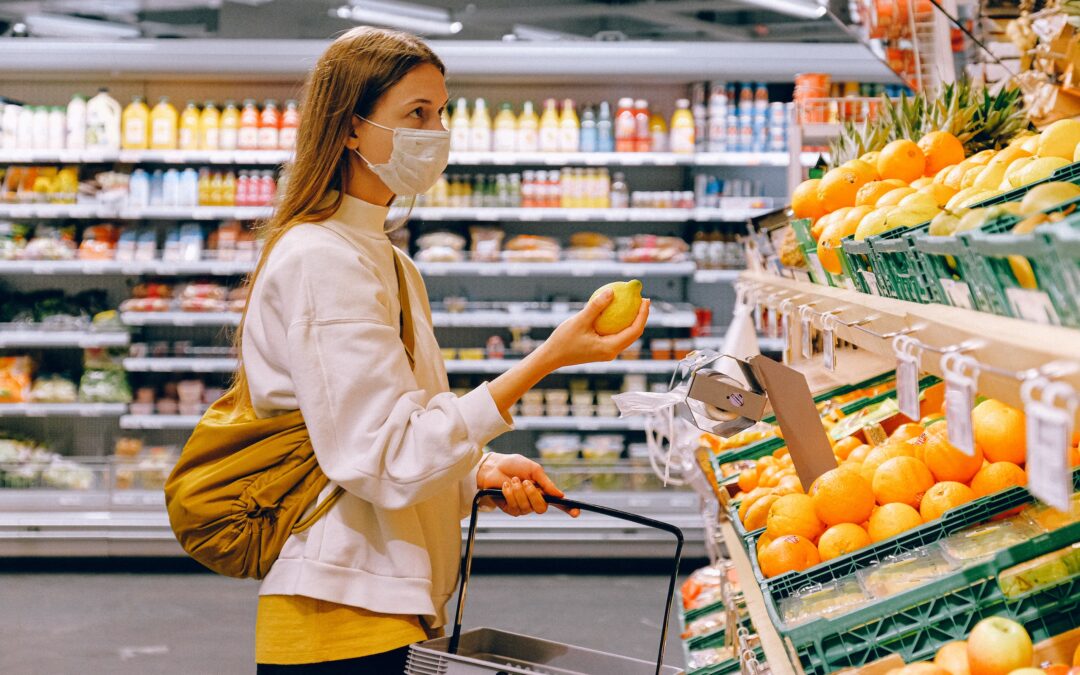After having such glorious weather here in the UK for pretty much the entire Spring and Summer, it definitely feels like things have shifted gears into Autumn this past week.
I’ve been saying for some time now how the weather undoubtedly had a positive impact on people’s mental health and overall experience during lockdown despite the high levels of worry, uncertainty and all of the challenges that the global pandemic has brought upon us.
The sun is a well-known mood-booster and the longer, lighter days encourage more healthy lifestyle habits. So, those who were working from home or furloughed during the Spring-Summer were able to spend more time outdoors in the sun and in nature when the bars, restaurants and shops were still closed.
It also meant that, when allowed, people could socialise in parks and gardens, and dine alfresco without the rules or concerns of being in closed, indoor environments.
However, as Winter approaches so do the shorter, darker days, colder weather and (typically here in Europe) less sun, grey skies and more rain!
Add to that a looming recession, mass redundancies, the likelihood of increased social distancing measures and spikes in COVID-19 cases … And you can expect that the next six or so months are going to be especially challenging.
If we want to thrive in today’s modern, fast-paced world, we always need to be proactive in looking after our mental, emotional and physical wellbeing.
Western culture doesn’t typically foster a balanced way of living. We, therefore, need to take personal responsibility for keeping ourselves as healthy/well as possible so that we can thrive rather than merely getting by or worse, exist somewhere on the continuum of burnout!
And this Winter I believe it’s going to be more important than ever before to take a proactive approach towards looking after ourselves. This is why I’ve decided to spend this month raising awareness about what you can do to best support the wellbeing of yourself and your loved ones.
Everyone on some level has struggled as a result of the global pandemic and even though time has helped us get somewhat used to this ‘new normal’, as we move into Winter there will be various factors at play that are going to amplify the challenges:
Immunity: More people get ill in the Winter, and immune systems may be weaker in some people – however much of this is in our control if we know how to look after ourselves.
Health Fears: Generalised fear about getting COVID-19. However, also, many people get a cold, sore throat or the flu during Winter, and this year those people may panic thinking they have COVID-19 – they may also have to isolate or quarantine until they’ve had test results back.
Lack of Daylight/Sunlight: Has an effect on mood, motivation, energy and immunity.
Poor Weather: People are typically less inclined to go outdoors when it’s cold or raining, therefore they are less active and spend less time in the daylight/sunlight.
Less Socialising: If lockdown measures are increased, isolation and mental health struggles will increase too, and this is likely to be heightened further due to the poor weather.
Lethargy: With less inclination to be outdoors and with people working from home, depression and low mood are more likely. Without discipline or motivation, many people will be very sedentary for long periods of time.
Recession: This creates mass panic, fear, depression, and job and financial insecurity.
Burnout: For those working from home throughout the Winter months; the lack of boundaries between work and home will continue until leaders and organisations start creating and enforcing guidelines around working hours and expectations. This, combined with higher workloads due to redundancies and then factoring in everything else above, is a recipe for burnout for those who work in high-pressure, high-stress roles!
My aim is not for this list to cause fear, rather I aim to create awareness early on around the potential challenges so that you will go into the next six months as well prepared as possible with your mental, emotional and physical wellbeing at the forefront of your mind.
If you consciously look after yourself as best as possible and start to develop healthy habits, routines and ‘ways of being’ now, you will get through this challenging time from a more empowered, proactive standpoint with the goal being to stay as well as possible.
In next week’s blog, we start looking at the specific habits and routines you can begin now to keep you and your health on track.
One of the key areas I work on with my private clients, is setting up and maintaining a routine that supports their wellbeing and performance. If you are interested to find out how I can support you during this challenging time and to see if my 121 mentoring would be the right fit for you, book a consultation here.
Kate x


